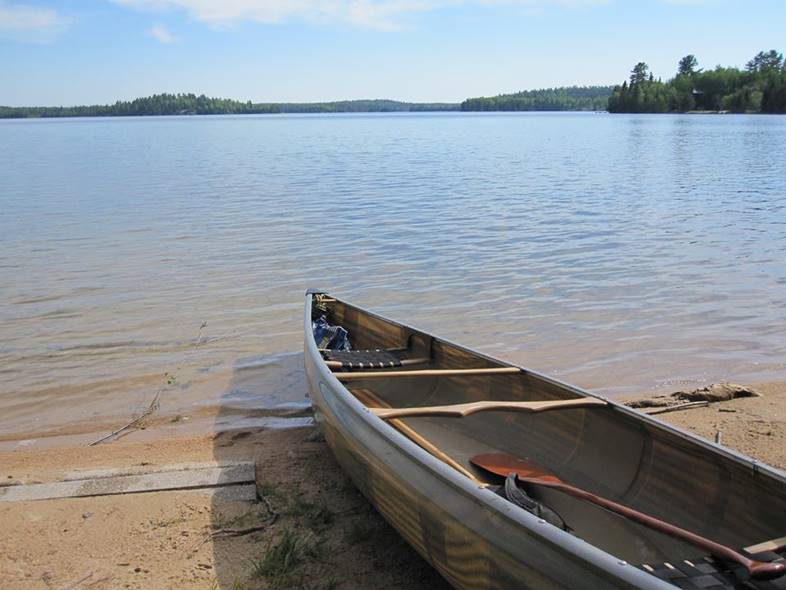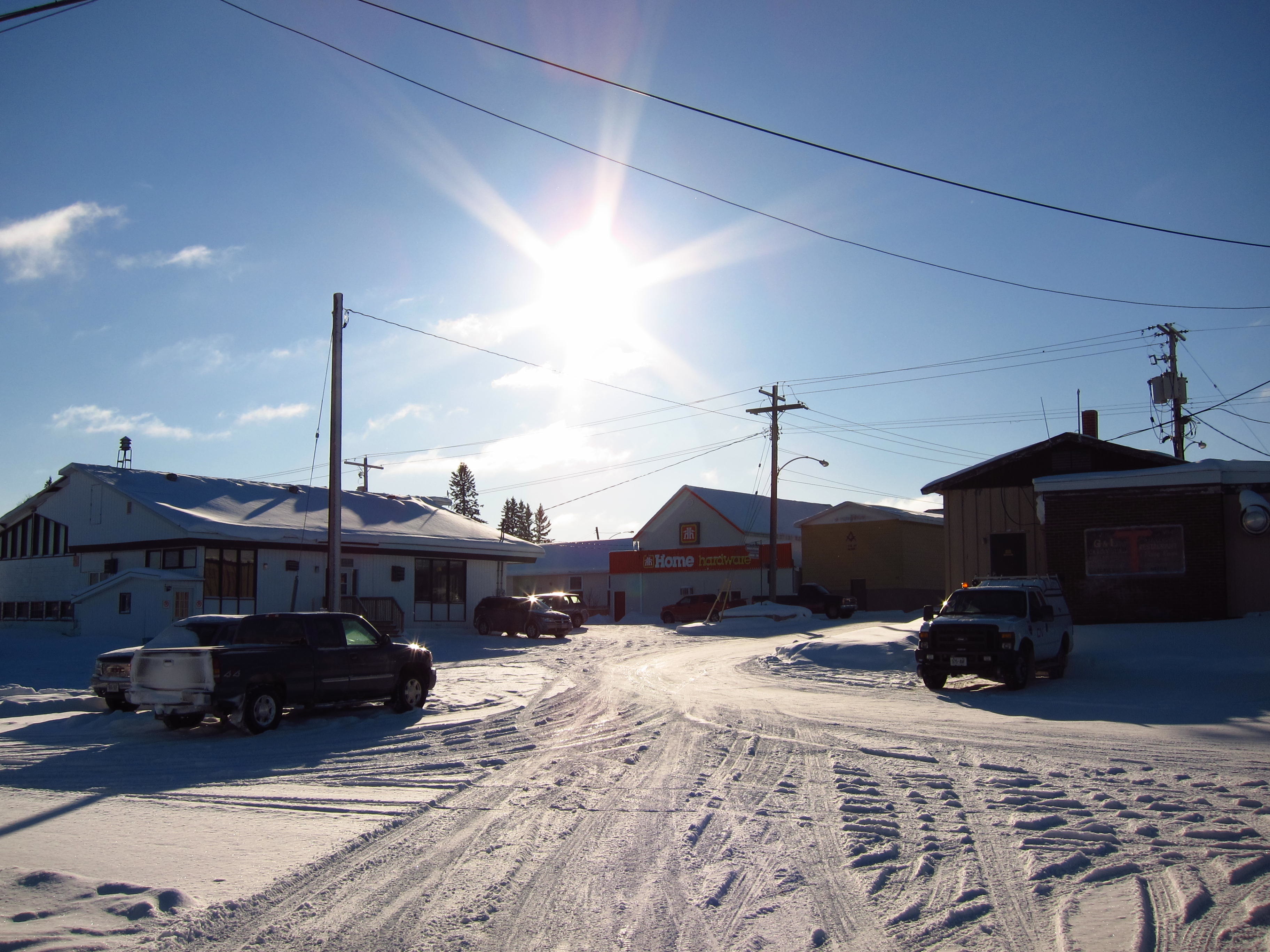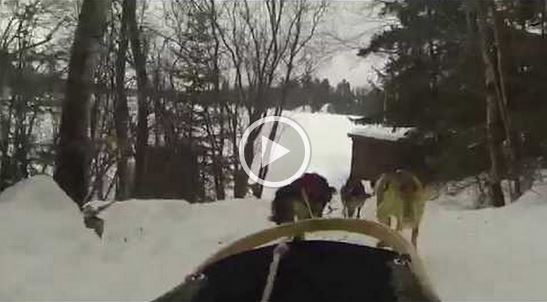Module 1: Rural and Remote Practice

Rural and Remote Practice was developed to help you prepare for a clinical learning or practice experience in a rural or remote community. The unique nature of these communities allows for clinical practice that can be complex, rich, challenging, and deeply rewarding.
If you are prepared to make the most of it, your clinical experience can be both an excellent opportunity to learn, as well as to contribute to the community around you. It can also be an adventure, where you have the opportunity to experience aspects of a rural or remote lifestyle that may be new to you. This module is geared towards learning and practice specifically in rural and remote Northern Ontario; however, much of the content is relevant to rural and remote practice in other regions.
Rural and Remote Practice includes four sessions, which span five weeks. In the first two sessions, you will examine some of the factors that make living and practicing in rural and remote communities different from that of an urban setting. You will also have a chance to explore your own assumptions and questions about what rural practice and life is like.
Photo credit: Andrew Kaszowski (CC BY-NC-ND 2.0)
In the third session, you will explore models of practice that can help to address the unique challenges of rural and remote professional practice and learning, with a particular focus on generalist practice, sole practice, interprofessional collaborative care and learning, and the use of technology. In the fourth session, you will have a chance to explore the benefits and challenges that can arise when personal and professional lives intersect in rural and remote communities, along with the resulting ethical and practical considerations. You will also review your learning from the module as a whole, and complete an evaluation activity.
In each of the sessions, there are readings and activities to help you engage with the realities of practice in rural and remote communities before you begin your clinical experience. We have also included resources such as quotes, photos, and videos to provide a sense of the lived experience of learners and practitioners in these communities. There will be an opportunity in each session to reflect on your learning and to interact with your fellow participants through discussion forums.
Each week will require a commitment of about four to five hours total to complete. This time may vary slightly depending on your familiarity with utilizing online learning tools; however, as you go through the module, your comfort level with this format will increase.
As you begin your learning journey, we would like to share a video that was created by some previous learners on clinical placement in northern rural communities. We wish you well on your adventure!

